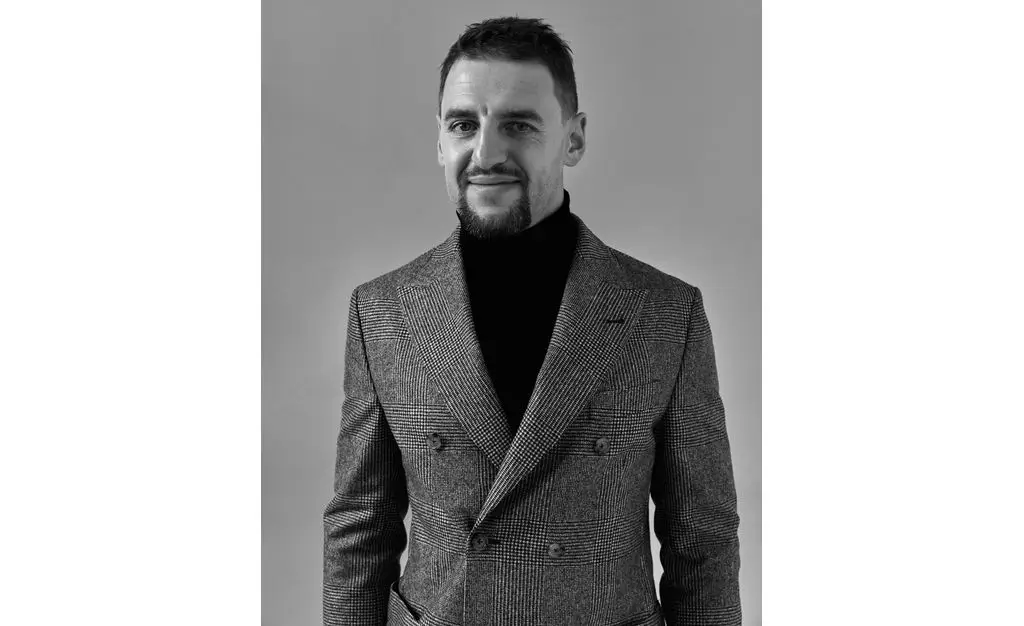The Ukrainian AI market holds significant potential, but its development requires targeted strategies and approaches. Serhii Tokarev, a tech entrepreneur and co-founder of Roosh, highlights the need for a multifaceted plan to enhance the sector.
According to Tokarev, the key areas to focus on include advancing tech education, fostering collaboration among market participants, and implementing liberal regulations within the industry.

Today, Ukraine ranks second among Central and Eastern European countries in the number of AI companies. This is a promising indicator, reflecting the country’s growing prominence in the tech world.
In 2023, funding for AI startups in Ukraine saw a notable increase of 35% compared to 2022. Serhii Tokarev, through Roosh and in collaboration with the AI HOUSE community and the Ministry of Digital Transformation of Ukraine, has been actively studying the Ukrainian AI ecosystem.
He notes that global interest in Ukrainian AI is rising, exemplified by the success of Zibra AI, a deep-tech company within Roosh’s portfolio. Zibra AI, which simplifies the creation of computer games using AI, has attracted over 116,000 developers worldwide and secured half a million dollars in investment from the Speedrun accelerator launched by a16z in 2023.
However, despite these achievements, the Ukrainian AI industry faces several significant challenges. The ongoing war with Russia has severely impacted the sector, leading to an outflow of skilled personnel as many tech professionals have been forced to relocate abroad. This brain drain has weakened the talent pool available to Ukrainian companies.
Moreover, the conflict has caused a sharp decline in venture capital investments in AI-related projects. The risks associated with the war have made international investors hesitant to fund Ukrainian startups, further hampering the growth of the industry. Serhii Tokarev emphasizes the urgency of addressing these challenges, as the future of Ukraine’s economy and its success in the ongoing conflict are closely tied to technological advancement.
To overcome these obstacles and unlock the potential of the Ukrainian AI sector, Serhii Tokarev proposes several key solutions. The first and most crucial step is to improve the quality and accessibility of AI education in Ukraine. Tokarev argues that future AI specialists must be equipped not only with technical skills but also with soft skills such as communication, organization, and practical experience.
These competencies are essential for success in the modern labor market. He highlights the importance of partnerships between Ukrainian universities and technology companies, which are already working together to train the next generation of AI professionals.
In addition to enhancing education, Serhii Tokarev stresses the need for better collaboration between academic institutions, businesses, and the state. He believes that organizing events and creating platforms for these stakeholders to interact and cooperate is vital for the country’s technological development. Such partnerships can help bridge the gap between education and industry, ensuring that academic programs are aligned with the needs of the market.
Another critical factor in fostering the growth of the Ukrainian AI industry is the implementation of liberal regulations. Serhii Tokarev advocates for a regulatory environment that encourages innovation and allows AI companies to experiment and grow.
He points out that the Ukrainian government is already taking steps in this direction. The Ministry of Digital Transformation of Ukraine has developed a roadmap for AI regulation, which prioritizes collaboration between the state and AI companies. This roadmap aims to create a supportive environment for AI development while ensuring that the industry remains flexible and dynamic.


